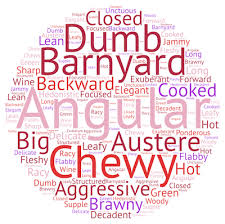by Scott F. Aikin and Robert B. Talisse

The vocabularies of sports and war feel natural for describing arguments and their performances. From battle, we describe arguments as swords, as they may have a thrust, may cut both ways, and may be parried. A case, further, can be a full-frontal assault, and we may rush once more unto the breach. There are defensive positions and rear-guard actions. One’s best arguments are one’s heavy artillery, and one may lay siege to viewpoints. And one may, on the sports model, score points or score own goals with successful or unsuccessful arguments, respectively. One may play soft- or hardball. Powerful arguments are slam dunks or home runs, and good rebuttals are counterattacks. Or one may change the subject with a punt. There’s no doubt that our vocabulary for describing what happens when we argue is thick with this metaphorical idiom. The question is whether it is a good thing or not – does the vocabulary of adversarial contest distort our relationship with argument? We hold it need not, but there are some concerns that must be addressed.
The first concern is that sport and war metaphors are misplaced because they presuppose (and seem to endorse) hostility between arguers, and this hostility has objectionable consequences. One’s objective in a game and in a war is to win, to defeat the adversary. As the saying goes, all is fair in love and war, so (leaving love aside) when we turn to the context of argumentation, the metaphors make it difficult to see what would be wrong with using all available means to win in argument. However, unlike in a war, successful argument depends upon arguers following the rules. Further, when one loses an argument, one nevertheless learns something about one’s views. And one may change one’s mind for the better. Losing an argument can be beneficial to the loser. The war and sport metaphors, so the objection goes, fail to recognize this complex of features of argument; for that reason, they are inapt. Read more »

 Research by linguists
Research by linguists